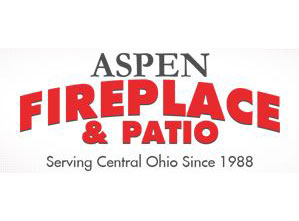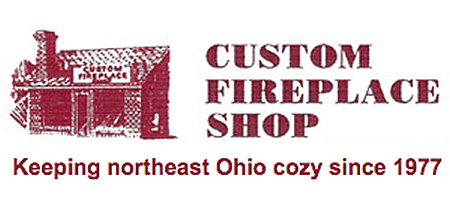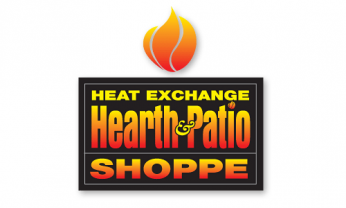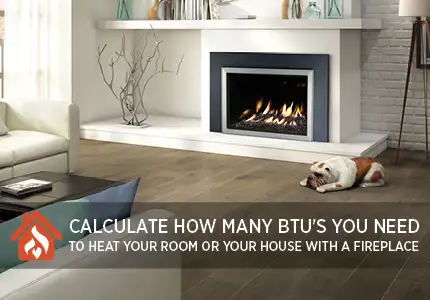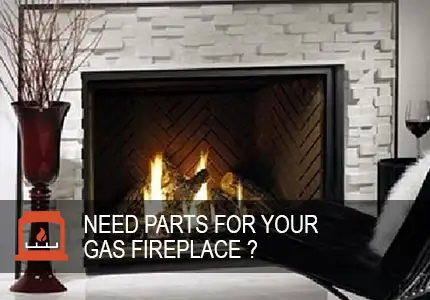The joy of a mesmerizing fire in the fireplace can be lost, once the inefficiency of the appliance is understood. Open fireplaces can lose up to 20% more heat through the course of winter than they give back in roaring fires. If you want to upgrade the efficiency of your fireplace but without buying a costly fireplace insert that changes the look of your hearth, there are other and less expensive strategies.
Firebacks
Firebacks are similar in purpose to fireplace inserts in that they increase the insulation in a fireplace and reflect heat off the rear wall. More insulation means heightened safety and more heat going into the room means greater efficiency. Cast iron models are available that can add an heirloom quality to the look, with the decorative design. There are many high quality firebacks available that you could choose from to upgrade your fireplace.
Fireplace Dampers
Fireplace dampers should form a tight seal when closed and allow airflow up the chimney when open. Alternative dampers are available, which are more effective during off seasons, when the fireplace is rarely used. Another approach to preventing the chimney from being similar to an open window in the home is to have a chimney-top damper installed.
Glass Doors
Installing glass doors on your fireplace is a very effective way to limit the air that can flow in and out of your home. Glass doors also improve the control of a fire’s intensity and slow down the process of heated air going up the chimney instead of into the room. Keep in mind that most fireplace doors are made with tempered glass and can only withstand temperatures up to about 600°F. Ceramic glass, on the other hand, can withstand temperatures up to 1400°F.
Grates
The efficiency of a fireplace can also be improved with specially designed grates. The clever design of one fireplace grate causes the hot, glowing part of logs to project heat forward. Another design cradles the wood, allowing air to enter underneath but causing the wood to settle toward the middle, which also means the fireplace requires less tending.
Fireplace Heat Exchangers
If it is important to you that your fireplace provides a significant amount of heat to one or two rooms in your home, a forced air heat exchanger could help. These units needed to be chosen with care, to ensure that the high temperatures to be generated by the heat exchanger can be withstood in the fireplace and chimney they are used in.
Outside Air Inlets
For a fireplace to operate properly and burn logs to generate heat, a large quantity of air is needed. It can sometimes be helpful to have outside air inlets installed, in order for the chimney to operate more efficiently. These appliances can be difficult to install, if there is the lack of an ash dump (which provides a path to outside air) or if the brick is excessively thick. In newer homes, which are usually very tightly sealed, outside air inlets are often helpful.
Contact us today for tips on the best approach to upgrading the efficiency of your fireplace.


